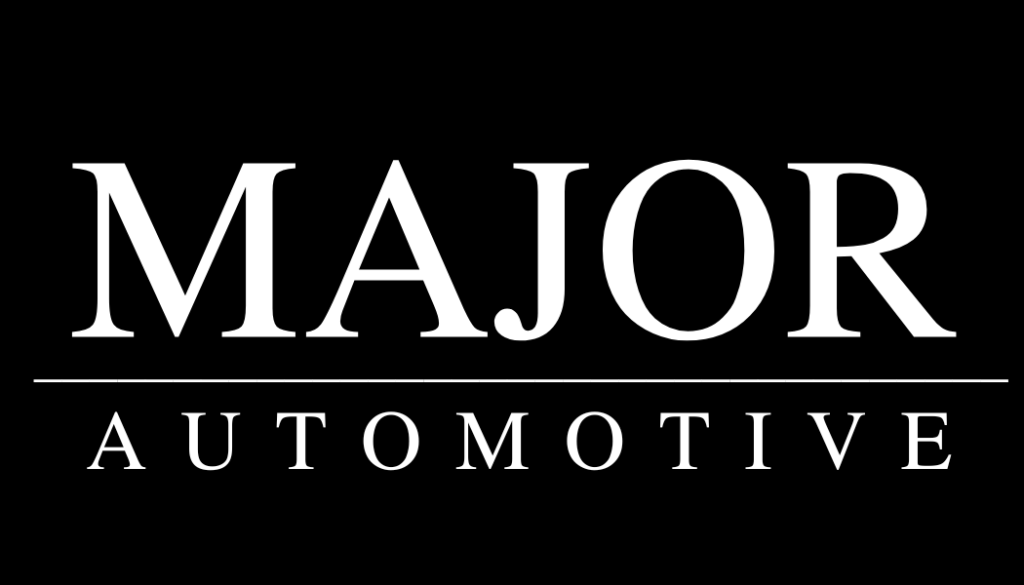- Monday to Friday : 8 am to 6 pm
- 972-707-1127
Preventive maintenance for cars involves a systematic approach to regularly inspecting, servicing, and replacing components to prevent potential issues and maintain optimal performance and safety. This proactive approach aims to identify and address minor problems before they escalate into major, costly repairs or safety hazards.
Typically, preventive maintenance tasks for cars include:
Oil Changes: Regularly changing the engine oil and oil filter helps lubricate engine components, reduce friction, and extend the engine’s lifespan.
Fluid Checks and Flushes: Regular inspection and replacement of fluids such as coolant, transmission fluid, brake fluid, and power steering fluid help ensure proper functioning of various systems and prevent corrosion or overheating.
Brake Inspection and Servicing: Checking brake pads, rotors, and brake fluid levels ensures efficient braking performance and enhances safety on the road.
Tire Rotation and Balancing: Rotating tires regularly promotes even wear, extends tire life, and enhances vehicle stability and handling.
Battery Testing and Replacement: Testing the battery’s condition and terminals, and replacing it when necessary, helps prevent unexpected breakdowns due to battery failure.
Air Filter Replacement: Regularly replacing air filters ensures proper airflow to the engine, which is essential for fuel efficiency and engine performance.
Engine Tune-Ups: Adjusting ignition timing, replacing spark plugs, and inspecting ignition and fuel systems help maintain engine efficiency and reduce emissions.
Suspension and Steering Inspection: Checking and lubricating suspension and steering components prevent premature wear and ensure smooth handling and ride comfort.
Inspecting Belts and Hoses: Regular inspection and replacement of worn or damaged belts and hoses prevent unexpected failures and potential engine damage.
Checking Lights and Electrical Systems: Ensuring all lights are functioning correctly, and inspecting the electrical system prevents safety hazards and ensures proper visibility.
By adhering to a preventive maintenance schedule, car owners can minimize the risk of unexpected breakdowns, extend the lifespan of their vehicles, maintain optimal fuel efficiency, and ensure safe operation on the road. It’s advisable to consult the vehicle’s owner manual or a qualified mechanic for guidance on the recommended maintenance intervals and procedures specific to the car model.
“Our commitment to using only the highest quality equipment, ensuring top-notch repairs and superior performance for your vehicle.”
“Trust our seasoned mechanics to navigate under the hood with precision, delivering solutions tailored to your vehicle’s needs.”

Sign up to hear from us about specials, sales, and events.